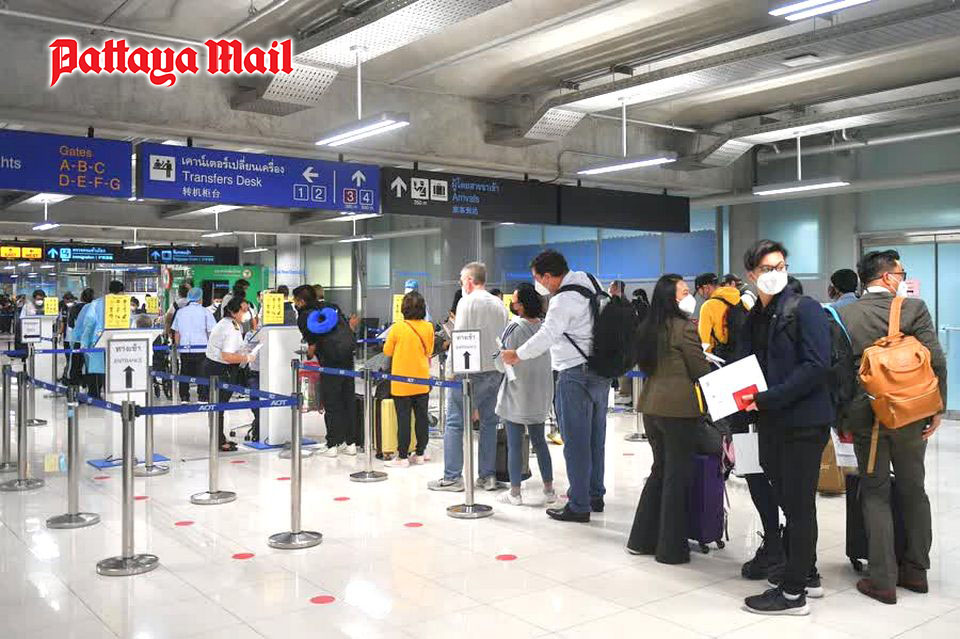
Within the past six months, the Thai government has made mammoth strides to ease the travel process for millions more foreign tourists. Previously, visa-exempt tourist travel was mainly restricted to the traditional or old markets such as the European Union, the UK, the US and Australia. But now holidaymakers from Russia receive 90 days, needing neither prior approval nor a visa on arrival, whilst Chinese and Indian citizens (and several smaller countries) are awarded 30 days without any bureaucracy in a mutually-agreed deal. Thai immigration authorities reckon that eight out of ten short-term visitors to Thailand no longer need formal approval for travel. The exceptions are largely nationals from Africa, parts of Asia and South America.
This is just the beginning according to Thai prime minister Srettha Thavisin. He is encouraging preliminary talks with Australia and also the European Union, as well as others, for Thai citizens to travel to these countries visa-free in return for increased access to Thailand for their citizens. Another Thai initiative is to probe the possibility of a regional or unification visa in which a tourist’s entry to one Asean country, say Thailand or Cambodia or Vietnam, would automatically grant the right to access any other participating member. It’s not unthinkable. On the other side of the world, Mexico already grants automatic access to its shores to most foreigners who hold a valid US or Schengen visa.
Visa-free travel does not mean that security concerns have been abandoned. Individual details of passengers are still scanned by increasingly-sophisticated computers on arrival, to include details of any criminal offences or “wanted” notices by Thai courts or Interpol. Biometric and artificial intelligence are beginning to play a significant role via fingerprints, facial recognition and iris scans which actually strengthen border control and reduce identity fraud. Certainly, the Thai policy appears to be achieving the government’s aim to boost international travel and see an end to the covid legacy when barriers were raised everywhere and debt distress was universal.
Thailand is retaining its prior visa for longstay expats, for example Elite and Long Term Residence, as well as annual extensions of stay for retirees, spouses and students. The bureaucracy for work permits is still intact and there are a growing number of tailor-made visas for specific functions, for example medical treatment or those wanting to qualify in martial arts. But here too we can expect advanced technology and artificial intelligence to create more routes to digital or e-visas to cater for the demand for efficient paperless processes. Further down the time line, maybe 10 or at most 15 years, people will likely travel without traditional passports and with digital versions of their travel details stored on their mobile phones. That should put an end to the tree-destroying photocopying at Thai immigration offices.








